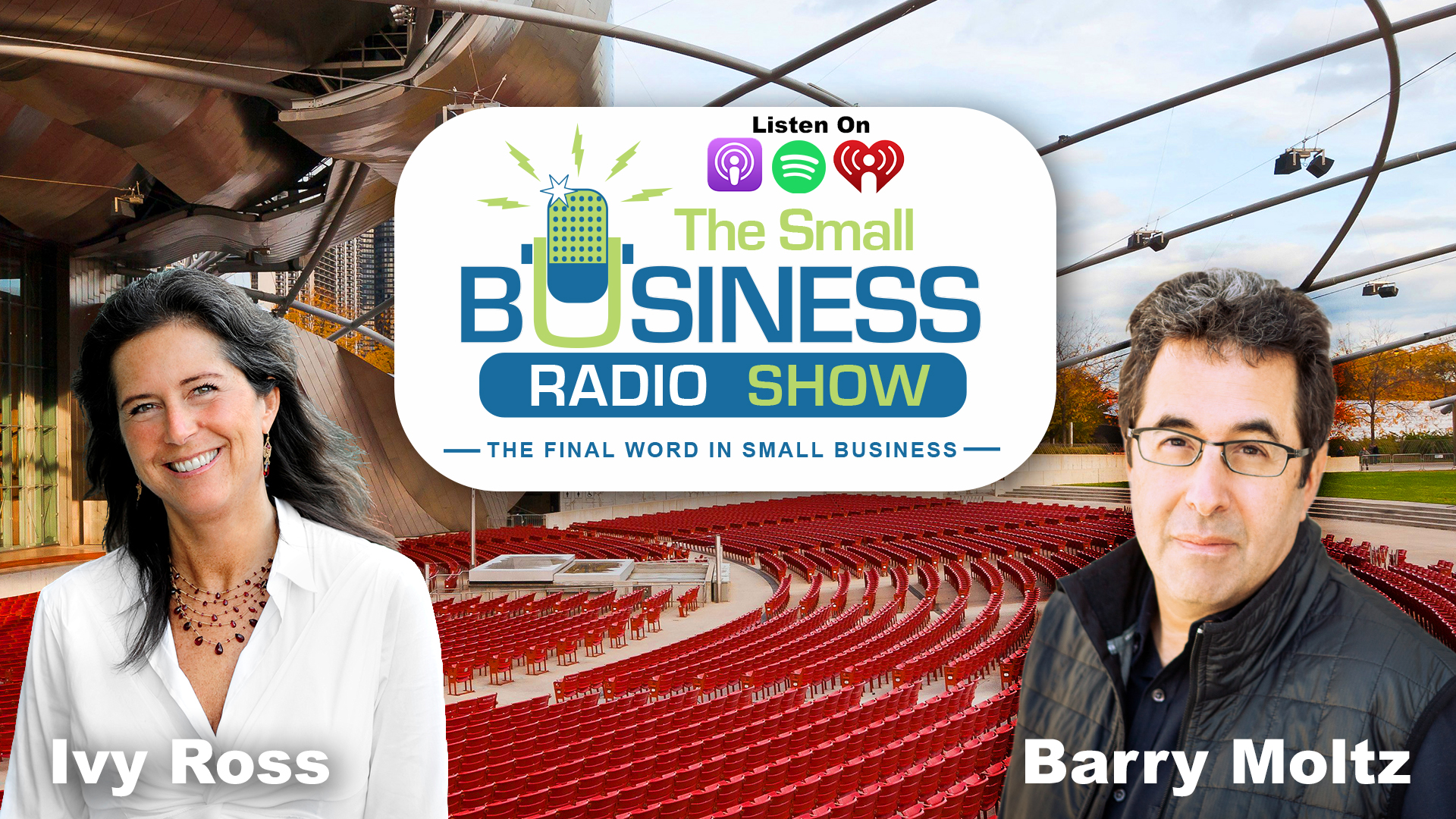Listen to “#815 Google VP Shows the Transformative Power of Art in Business” on Spreaker.
On this episode of The Small Business Radio Show…
Can we improve our business brain by participating in art? My guest did the research to confirm this; it’s called neuroaesthetics.
Ivy Ross is the Vice President, Design for Hardware at Google.
She was trained at Harvard Business School for general management with outstanding record of achievement with Fortune 500 companies in retail, direct mail, and manufacturing environments. One of nine executives selected by Fast Company Magazine to represent the new face of leadership . Selected by Business Week magazine as one of the 25 most innovative global business leaders working within a corporation. Business Insider recently named her one of the 15 Most Powerful Women at Google.
She is the coauthor of “Your Brain on Art: How the Arts Transform Us”.
This is what I asked Ivy:
In the book, you talk about through the science of neuroaesthetics, it offers proof for how our brains and bodies transform when we participate in the arts— First what is neuroaesthetics and how does it transform our brains?
How can this help us? and how this knowledge can improve our health, enable us to flourish, and build stronger communities.
What is art? Many of us think of the arts as entertainment—a luxury of some kind. In Your Brain on Art, you show how activities from painting and dancing to expressive writing, architecture, and more are essential to our lives.
Tell us about the compelling research that shows how engaging in an art project for as little as forty-five minutes reduces the stress hormone cortisol, no matter your skill level, and just one art experience per month can extend your life by ten years.
How virtual reality can provide cutting-edge therapeutic benefit;. Doctors have even been prescribing museum visits to address loneliness, dementia, and many other physical and mental health concerns.
The book features conversations with artists such as David Byrne, Renée Fleming, and evolutionary biologist E. O. Wilson.





